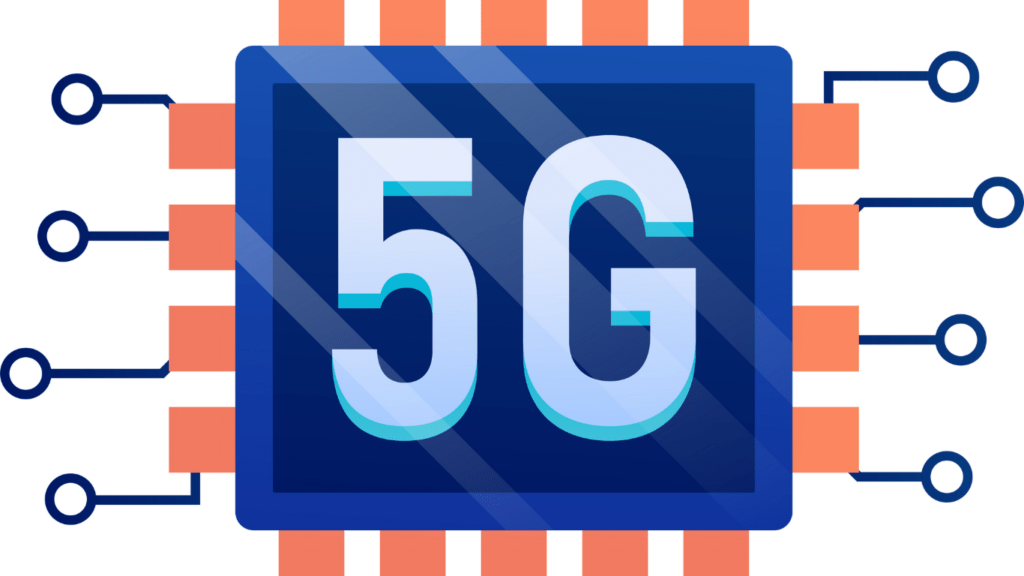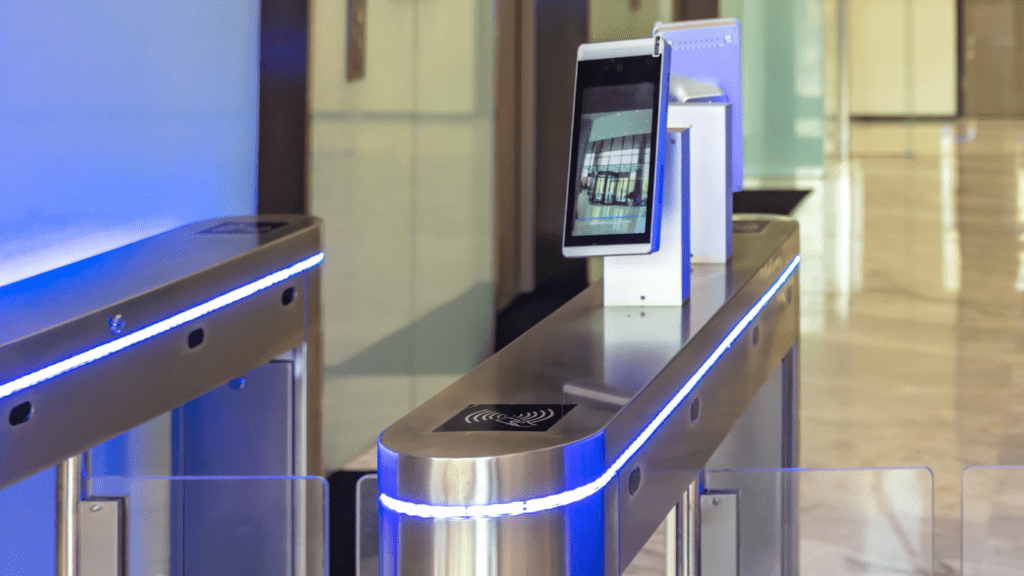The Evolution of Mobile Gambling
The rise of mobile gambling has closely followed advancements in cellular technology. Each leap from 3G to 4G brought new capabilities and enhanced user experiences.
From 3G to 4G: How Speed Influenced Gaming
Speed has been crucial for mobile gambling. With 3G, users could access online casinos, but the experience was limited by slower data transfer rates.
Downloads took longer, games lagged, and live betting faced delays. When 4G arrived, it transformed mobile gambling.
Speeds increased significantly, reducing lags and buffering times, which made live betting and multiplayer games smoother and more enjoyable.
Current State of Play in 4G Mobile Gambling
4G sets the current standard for mobile gambling. Users enjoy fast loading times, high-resolution graphics, and seamless game transitions.
Live casino games stream in real-time, allowing for interactive experiences without interruption. 4G’s capabilities support complex gaming apps and facilitate instant betting, enhancing the overall gambling experience.
Understanding 5G Technology
5G technology represents the latest advancement in mobile network capabilities, promising transformative potential for various industries, including mobile gambling.
What Is 5G?
5G stands for the fifth generation of mobile networks. It surpasses its predecessors like 4G and 3G in terms of speed, latency, and capacity.
With 5G, data transfer rates can reach up to 10 Gbps, significantly higher than 4G LTE’s average of 100 Mbps. This speed increase supports high-definition video streaming and real-time interactions.
- Speed: 5G technology can deliver speeds up to 100 times faster than 4G. This is crucial for high-bandwidth activities like virtual reality gambling and live sports betting.
- Latency: Reduced latency of around 1 millisecond in 5G networks provides near-instantaneous data response, which is beneficial for live gaming and real-time betting.
- Capacity: Enhanced network capacity enables 5G to support more connected devices simultaneously, which is essential for mobile gambling platforms with high user volumes.
- Reliability: Improved reliability ensures stable connections, resulting in uninterrupted gaming sessions and consistent user experiences.
Utilizing these features, 5G technology stands to significantly elevate mobile gambling, offering faster, smoother, and more interactive experiences.
The Impact of 5G on Mobile Gambling

The advent of 5G technology is set to transform mobile gambling further. Faster speeds and lower latency promise unparalleled user experiences and increased market scope.
Improved Speed and Lower Latency
5G offers significantly higher speeds compared to 4G, with potential download speeds of up to 10 Gbps.
his improvement means faster loading times for games and near-instant data transfers, making live betting more efficient.
Lower latency, potentially reduced to 1 millisecond, ensures quicker response times in gaming applications, which is crucial for real-time betting and live casino games.
Players can place bets faster, improving the overall gambling experience.
Enhanced Mobile User Experiences
With 5G, streaming high-quality graphics and live casino video content become seamless. Users can enjoy high-definition live dealer games without buffering, enhancing the realism of online gambling.
Virtual Reality (VR) gambling is also more feasible with 5G, as the technology can handle the large amounts of data VR requires. Gamblers immerse themselves in a more interactive and engaging environment.
Mobile apps become more responsive and feature-rich, providing users with a more satisfying experience.
Expanding the Scope of Mobile Gambling Markets
5G technology expands the reach of mobile gambling by supporting more devices simultaneously, increasing the capacity and reliability of mobile networks.
This capability opens new markets, especially in densely populated or previously underserved regions. Operators can offer more complex and data-intensive games, such as augmented reality (AR) or multiplayer online competitions.
By reaching a broader audience, 5G drives higher engagement and revenue for gambling operators.
Challenges with 5G Implementation
Advancing 5G technology presents several critical challenges impacting mobile gambling. These challenges span infrastructure requirements and security concerns.
Infrastructure and Investment Issues
Implementing 5G demands substantial investment in infrastructure. Providers must upgrade existing towers and install new small-cell networks.
This process can be costly and time-consuming, delaying widespread adoption. Rural areas may face slower implementation due to lower population densities, impacting network availability.
Companies need to allocate significant financial resources to manage these extensive infrastructure developments.
Security and Privacy Concerns
5G networks increase potential security risks. Higher speeds and more connected devices create a larger attack surface. Mobile gambling operators must adopt robust security measures to protect user data.
Encryption standards must evolve to counteract sophisticated cyber threats. Privacy issues also arise.
Enhanced data transmission capabilities may increase the collection and sharing of personal information, necessitating stricter compliance with data protection regulations.
By addressing these challenges effectively, the full potential of 5G technology in mobile gambling can be realized.
Future Prospects
The future of mobile gambling is poised for substantial growth with the advent of 5G technology.
Innovations in Mobile Gaming with 5G
Enhanced Reality: 5G enables the integration of Augmented Reality (AR) and Virtual Reality (VR) into mobile gambling apps, providing immersive gaming experiences.
Cloud Gaming: Faster speeds and lower latency from 5G facilitate seamless cloud gaming, allowing players to access high-quality games without the need for expensive hardware.
Interactive Features: Real-time betting and interactive features like live dealer games get a significant boost from 5G’s capabilities, enhancing user engagement.
Predictions for the Mobile Gambling Industry
- Market Growth: The mobile gambling market is expected to grow exponentially, reaching an estimated value of $127 billion by 2027, driven by improved gaming experiences and broader accessibility.
- User Demographics: Younger demographics, accustomed to high-speed internet and advanced technology, will drive demand for 5G-enabled gambling apps.
- Regulatory Evolution: As 5G becomes widespread, regulatory bodies will likely update frameworks to address new technologies’ challenges, ensuring fair play and security.
- Global Accessibility: 5G’s roll-out in developing regions will make mobile gambling accessible to a broader audience, expanding market opportunities considerably.


